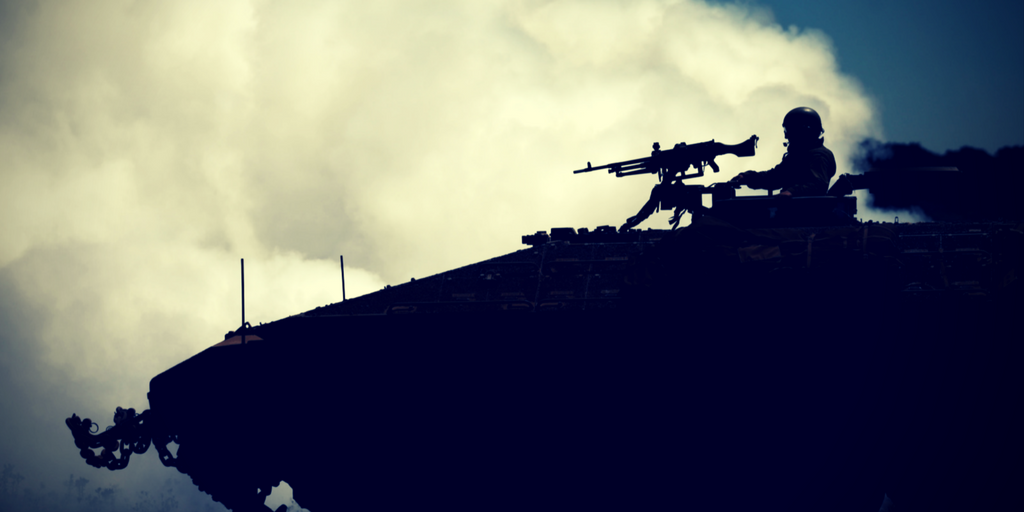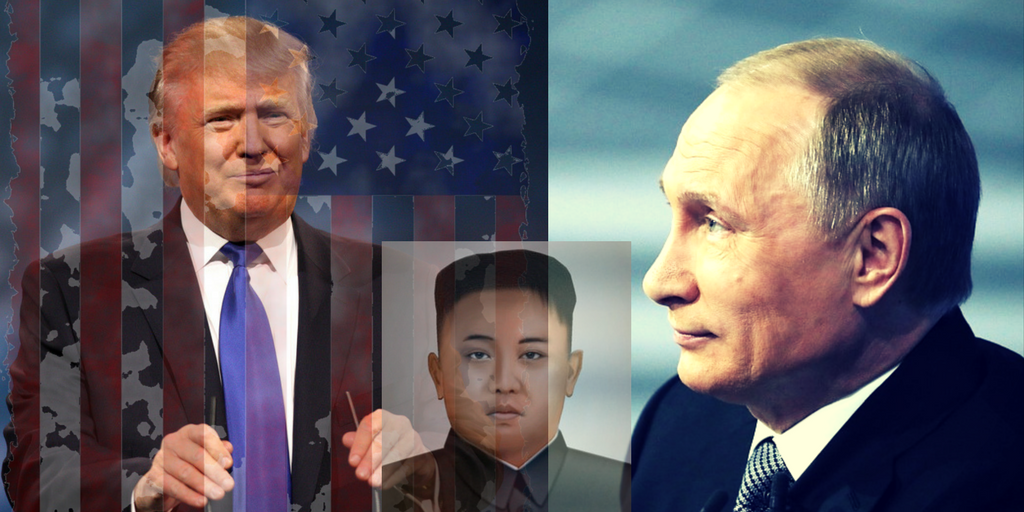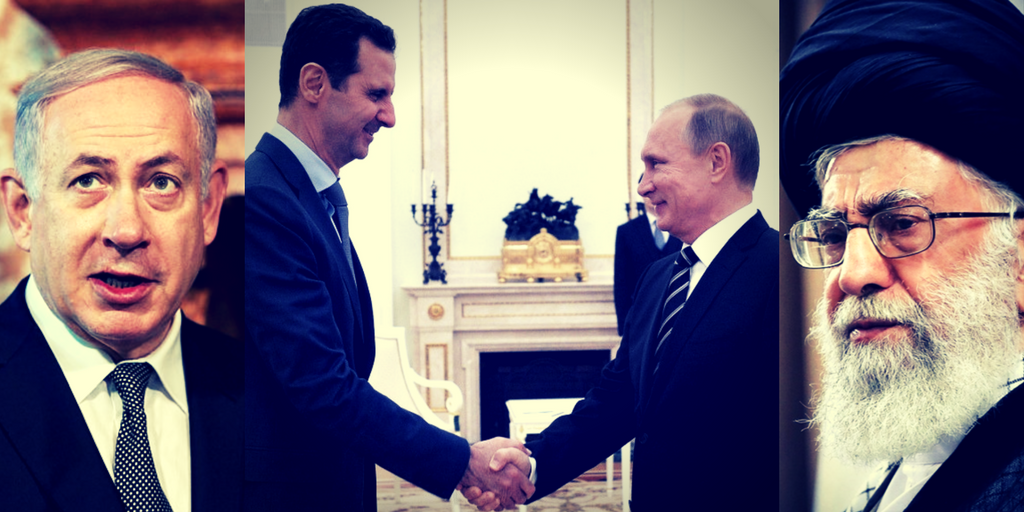What the US response will mean for stability in Asia and beyond.
The nuclear confrontation between the US and North Korea entered a critical phase Sunday with North Korea’s conduct of an underground test of a thermonuclear bomb.
If the previous round of this confrontation earlier this summer revolved around Pyongyang’s threat to attack the US territory of Guam, Sunday’s test, together with North Korea’s recent tests of intercontinental ballistic missiles capable of reaching the continental US, was a direct threat to US cities.
In other words, the current confrontation isn’t about US superpower status in Asia, and the credibility of US deterrence or the capabilities of US military forces in the Pacific. The confrontation is now about the US’s ability to protect the lives of its citizens.
The distinction tells us a number of important things. All of them are alarming.
First, because this is about the lives of Americans, rather than allied populations like Japan and South Korea, the US cannot be diffident in its response to North Korea’s provocation. While attenuated during the Obama administration, the US’s position has always been that US military forces alone are responsible for guaranteeing the collective security of the American people.
Pyongyang is now directly threatening that security with hydrogen bombs. So if the Trump administration punts North Korea’s direct threat to attack US population centers with nuclear weapons to the UN Security Council, it will communicate profound weakness to its allies and adversaries alike.
Obviously, this limits the options that the Trump administration has. But it also clarifies the challenge it faces.
The second implication of North Korea’s test of their plutonium-based bomb is that the US’s security guarantees, which form the basis of its global power and its alliance system are on the verge of becoming completely discredited.
In an interview Sunday with Fox News’s Trish Regan, former US ambassador to the UN John Bolton was asked about the possible repercussions of a US military assault against North Korea for the security of South Korea.
Regan asked, “What are we risking though if we say we’re going to go in with strategic military strength?… Are we going to end up with so many people’s lives gone in South Korea, in Seoul because we make that move?” Bolton responded with brutal honesty.
“Let me ask you this: how do you feel about dead Americans?” In other words, Bolton said that under prevailing conditions, the US faces the painful choice between imperiling its own citizens and imperiling the citizens of an allied nation. And things will only get worse. Bolton warned that if North Korea’s nuclear threat is left unaddressed, US options will only become more problematic and limited in the years to come.
This then brings us to the third lesson of the current round of confrontation between the US and North Korea.
If you appease an enemy on behalf of an ally then you aren’t an ally.
And eventually your alliance become empty of all meaning.
For 25 years, three successive US administrations opted to turn a blind eye to North Korea’s nuclear program in large part out of concern for South Korea.
Presidents Bill Clinton, George W. Bush and Barack Obama all sought to appease North Korea’s aggressive nuclear adventurism because they didn’t believe they had a credible military option to deal with it.
In the 1980s, North Korea developed and deployed a conventional arsenal of bombs and artillery along the demilitarized zone capable of vaporizing Seoul.
Any US military strike against North Korea’s nuclear installation it was and continues to be argued, would cause the destruction of Seoul and the murder of millions of South Koreans.
So US efforts to appease Pyongyang on behalf of Seoul emptied the US-South Korean alliance of meaning. The US can only serve as the protector of its allies, and so assert its great power status in the Pacific and worldwide, if it prevents its allies from being held hostage by its enemies.
And now, not only does the US lack a clear means of defending South Korea, and Japan, America itself is threatened by the criminal regime it demurred from effectively confronting.
Regardless of the means US President Donald Trump decides to use to respond to North Korea’s provocative actions and threats to America’s national security, given the nature of the situation, it is clear that the balance of forces on the ground cannot and will not remain as they have been.
If the US strikes North Korea in a credible manner and successfully diminishes its capacity to physically threaten the US, America will have taken the first step towards rebuilding its alliances in Asia.
On the other hand, if the current round of hostilities does not end with a significant reduction of North Korea’s offensive capabilities, either against the US or its allies, then the US will be hard pressed to maintain its posture as a Pacific power. So long as Pyongyang has the ability to directly threaten the US and its allies, US strategic credibility in East Asia will be shattered.
This then brings us to China.
China has been the main beneficiary of North Korea’s conventional and nuclear aggression and brinksmanship.
This state of affairs was laid bare in a critical way last month.
In mid-August, Trump’s then chief strategist Steve Bannon was preparing a speech Trump was set to deliver that would have effectively declared a trade war against China in retaliation for its predatory trade practices against US companies and technology. The speech was placed in the deep freeze – and Bannon was forced to resign his position – when North Korea threatened to attack the US territory of Guam with nuclear weapons. The US, Trump’s other senior advisers argued, couldn’t declare a trade war against China when it needed China’s help to restrain North Korea.
So by enabling North Korea’s aggression against the US and its allies, China has created a situation where the US has become neutralized as a strategic competitor.
Rather than advance its bilateral interests – like curbing China’s naval aggression in the South China Sea – in its contacts with China, the US is forced into the position of supplicant, begging China to restrain North Korea in order to avert war.
If the US does not act to significantly downgrade North Korea’s offensive capabilities now, when its own territory is being threatened, it is difficult to see how the US will be able to develop an effective strategy for coping with China’s rise as an economic and strategic rival in Asia and beyond. That is, the US’s actions now in response to North Korea’s threat to its national security will determine whether or not the US will be in a position to develop and implement a wider strategy for maintaining its capacity to project its economic and military power in the Pacific in the near and long term.
Finally, part of the considerations that need to inform US action now involve what North Korea’s success in developing a nuclear arsenal under the noses of successive US administrations means for the future of nuclear proliferation.
In all likelihood, unless the North Korean nuclear arsenal is obliterated, Pyongyang’s nuclear triumphalism will precipitate a spasm of nuclear proliferation in Asia and in the Middle East. The implications of this for the US and its allies will be far reaching.
Not only can Japan and South Korea be reasonably expected to develop nuclear arsenals. Saudi Arabia, Egypt, Jordan and other inherently unstable Arab states can be expected to develop or purchase nuclear arsenals in response to concerns over North Korea and its ally Iran with its nuclear weapons program linked to Pyongyang’s.
In other words, if the US does not respond in a strategically profound way to Pyongyang now, it will not only lose its alliance system in Asia, it will see the rapid collapse of its alliance system and superpower status in the Middle East.
Israel, for one, will be imperiled by the sudden diffusion of nuclear power.
Monday morning, North Korea followed up its thermonuclear bomb test with a spate of threats to destroy the United States. These threats are deadly even if North Korea doesn’t attack the US with its nuclear weapons. If the US does not directly defeat North Korea in a clear-cut way now, its position as a superpower in Asia and worldwide will be destroyed and its ability to defend its own citizens will be called into question with increasing frequency and lethality.
Originally published by the Jerusalem Post.






